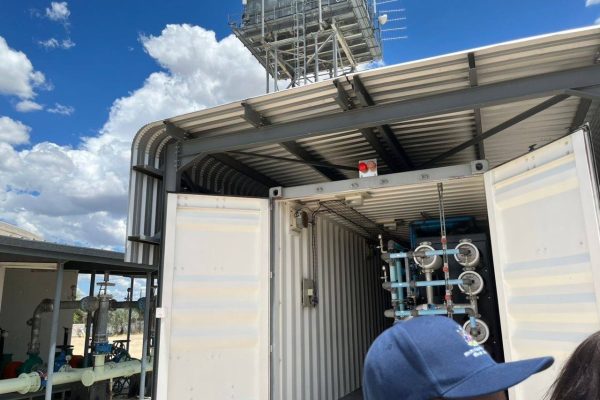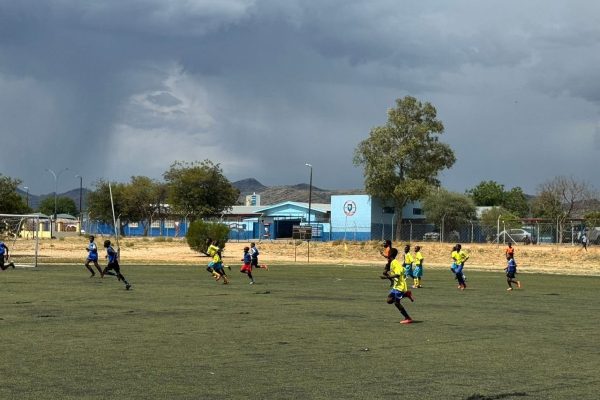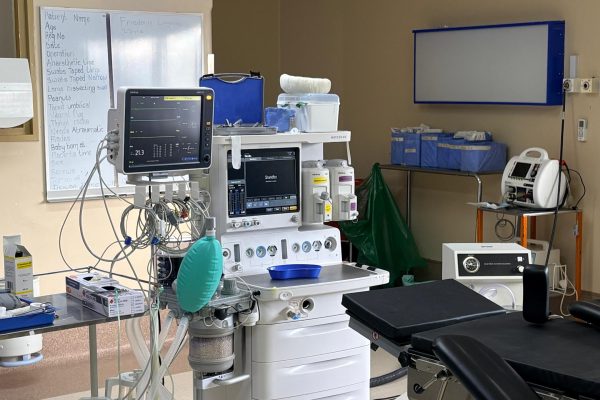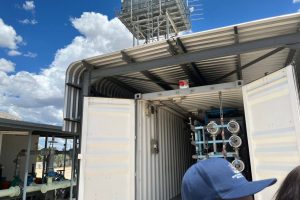
By: Annakleta Haikera
Ngcove Junior Primary School in Rundu, Kavango East Region, continues to face dire infrastructure and learning challenges more than five years after its establishment.
The school accommodates over 412 learners, including more than 85 marginalised pupils from the San community.
The school, which offers classes from pre-primary to Grade 3, operates without adequate toilet facilities, forcing both learners and teachers to rely on makeshift pit-latrines.
School principal Bernolda Munkanda says several appeals have been submitted to relevant ministries for assistance, but to date no action has been taken.
In addition to the sanitation crisis, the school lacks basic learning infrastructure.
“Many learners do not have proper school uniforms, and classes are conducted in corrugated iron structures and under trees, leaving children exposed to extreme heat in summer and bitter cold in winter,” she said.
“Some learners at the school are still taught under the tree,” Munkanda told The Villager.
The poor conditions have increased school dropouts, as many learners struggle to cope with overcrowding and inadequate facilities. For instance, one Grade 1 classroom accommodates 91 learners, far above the recommended teacher-learner ratio.
Munkanda called for urgent government intervention to provide proper classrooms, toilets, safe water, and basic learning facilities for learners to be taught in a safe and dignified environment.
She added that most learners from the San community do not receive any government support and several lack national documents, further marginalising them.
Although the school was officially registered in 2020, pupils are still taught under trees and in makeshift corrugated classrooms. The school has also been without water since its establishment, forcing it to purchase water tanks and buy water from NamWater.
Due to the lack of chairs and desks, parents have had to provide chairs from home for their children not to sit on the floor. Munkanda also highlighted that the school lacks basic communication tools such as internet or telephone services, while the small office space is inadequate to store learners’ records.
“We have written many letters to different institutions to ask for assistance, but only electricity was brought to the school this year by the Ministry of Education,” she said.
In response, regional education director, Christine Shilima, acknowledged the difficult situation and said her office is working tirelessly to secure support, especially to address the urgent need for decent toilets at the school.
Similarly, in Rundu’s Tumweneni informal settlement, Joy Mungungu Senior Primary School also struggles with overcrowding and inadequate facilities.
Over 1,400 learners are registered for the 2025 school year – an increase from just over 800 in 2024 – with a large quantity of students being taught under trees, in tents, or in makeshift corrugated shacks due to a severe shortage of permanent classrooms.









